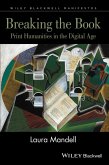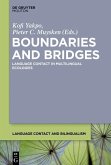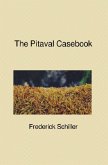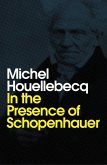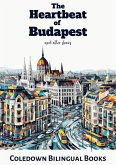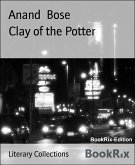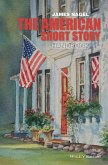"Breaking Boundaries in Literature: The Nobel Prize and Korea's Untold Stories" is a journey that transcends the familiar boundaries of literary critique. In this bold narrative, I delve into the heart of a question that has long troubled me: why does a prestigious award like the Nobel Prize often recognize works that fail to capture the full spectrum of the human experience, let alone the complex cultural sentiments of nations like Korea? At first glance, it may seem as though this is a book about literary criticism-a questioning of how one-sided perspectives come to dominate global recognition. But at its core, this work is much more than a critique of literary bias. It is an exploration of the multiverse itself, a challenge to the idea that the Nobel Prize, or any human-made institution, can truly grasp the depth of experience that exists beyond anthropocentric narratives. In a world defined by quantum uncertainty and the principles of relativity, why do we still cling to the notion that a singular "truth" or "universal" story can represent all of us? I ask this as someone who has spent years observing the increasing polarization in literature-where binary thinking, political ideologies, and human-centered concerns dominate. But the natural world, the cosmos in which we exist, operates on principles far beyond our limited comprehension. Could it be that in seeking to capture a singular "universal human experience," we are ignoring the more profound and chaotic truths that surround us?
Dieser Download kann aus rechtlichen Gründen nur mit Rechnungsadresse in A, B, BG, CY, CZ, D, DK, EW, E, FIN, F, GR, H, IRL, I, LT, L, LR, M, NL, PL, P, R, S, SLO, SK ausgeliefert werden.



